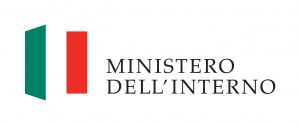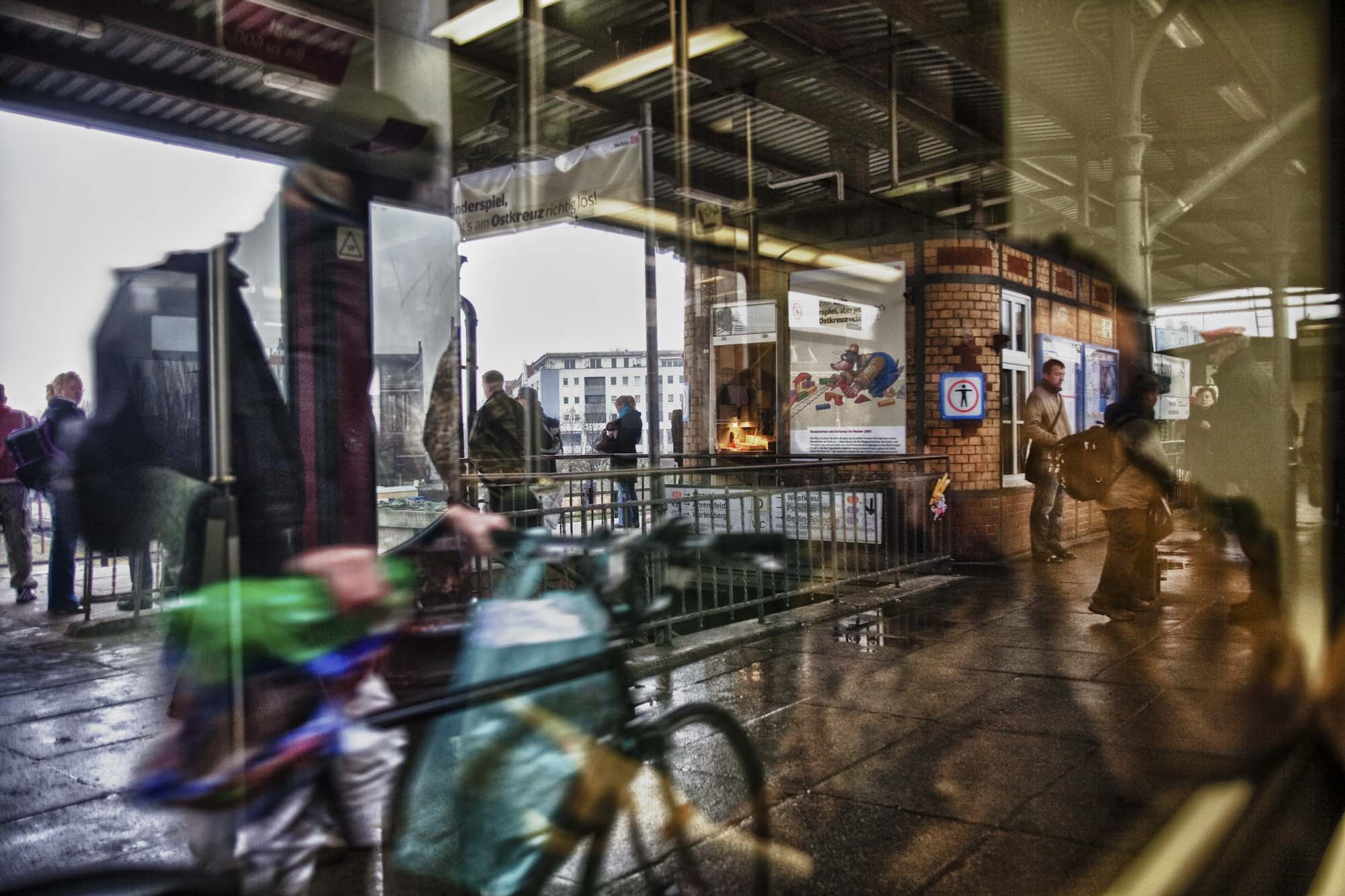GIANO. SERVICE FOR INTEGRATION IN EUROPE. Applicants for international protection and immigrant entrepreneurs: the two integration paths.
Funding body: Ministry of the Interior/Home office – Department for Civil Liberties and Immigration
Call for proposals: Public call for the presentation of projects from the 2014-2020 Asylum Migration and Integration Fund – Specific Objective 2 “Integration/Legal Migration” – National Objective 2.2 “Integration” – Local call for the promotion of the comparison between the integration policies developed in Italy and in other Member Countries/States
IPRS is presenting, as a leader, a project of exchange of good European practices in the field of integration policies of third country nationals, from the 2014-2020 Asylum Migration and Integration Fund managed by the Ministry of the Interior/Home office, Department for Civil Liberties and immigration.
In particular, the project aims to develop the knowledge and exchange of good practices with foreign countries participating in two specific areas:
- the reception of refugees and non-EU nationals/citizens seeking international protection;
- the entry of immigrants within the quota of dedicated immigration flows decree specifically qualified and to those who wish to come to our country as entrepreneurs.
The activities of knowledge and exchange of good practices for which we require the Manchester University partnership regards the reception of refugees and non-EU nationals seeking international protection. The project is based on three key elements:
- Knowledge acquisition (good practices) in use in some EU countries on the reception of refugees and applicants for international protection, from Italian stakeholders involved in the project, through participation in cognitive/fact finding trips/journeys and transnational exchanges;
- Identification of three good practices by the partners and the participating members, as particularly interesting and transferable in their social and business contexts;
- Meetings and training seminars in Italy with some representatives of those structures/institutions/associations identified by foreign persons that aim to implement the good practices identified by the Italian partners, for their final full operation.
Background and justification
Europe – both as a geographical entity and a political subject – is hit today by an unprecedented migration wave, with impressive numbers of people seeking for international asylum. This is having an extraordinary impact on the public opinion and is also undermining some of the European achievements such as the citizens’ free movement.
Beyond numbers, it is the typology of these migrants that contributes to create high social tension. Not differently from what occurred in the Fifties and Sixties, the majority of these asylum seekers are young men; yet today they are mostly Muslims and they are destined to be jobless for a long time. As the most recent Cologne events demonstrate, these migrants pose new challenges to the reception systems due to the negative stigma they are identified with and because of their prolonged marginality. As a consequence, both the welfare system and migrants themselves experience a strong pressure to achieve a quick integration process notwithstanding the difficult economic and social conditions. Such is the challenge that migration processes place on Member States and particularly on Italy, that has nonetheless to provide responses while waiting for migrants to head towards Northern countries. There is, however, a bigger problem regarding the widespread hostility towards the integration processes, often perceived as a intolerable cost for reception countries. Many northern European countries chose to intervene by creating recruiting systems targeting individuals with peculiar skills. Immigration is thus understood as a fundamental resource for the host country’s economy. A few years ago it was launched a slogan telling that immigration might be “chosen”, not only undergone, so as to benefit the host country.
In consideration of both abovementioned aspects of migration and seeking to strengthen the overall integration efforts, this projects intends to promote an exchange with other European experiences – in particular, with UK and Germany that have a long experience in welcoming refugees and migrants; and with Spain, that proves to be sensitive to this approach.
Main objective of this national AMIF call is to:
- Improve the system’s ability to deal with what is likely to be a social emergency, namely the reception of applicants for international protection, also through the widespread strengthening of reception and adoption of practices that lead to autonomy paths accompanying the entrance into the labor market, the development of language skills.
Project’s objectives
In order to fully implement this, the project aims to achieving the following specific objectives:
- Start, expand and intensify a national and transnational network for the circulation and dissemination of tools, methodologies and best practices used to manage/supervise the reception of immigrants and applicants for international protection, also in order to increase the reflection on the challenges that these new problems pose;
- Experience some good practices related primarily to facilitate autonomy paths and job orientation, identified in the course of transnational meetings at local level;
- Prepare a manual to be publicized with the help of the operators involved in transnational journeys that describes the outcome of the test/testing/trial and outline possible models to improve the reception.
Partners: Latina provincial Acli, Brianza Community consortium; Refugees Welcome Italy
Foreign participants: CJD Germany; Universidad Autonoma de Barcelona; University of Manchester











